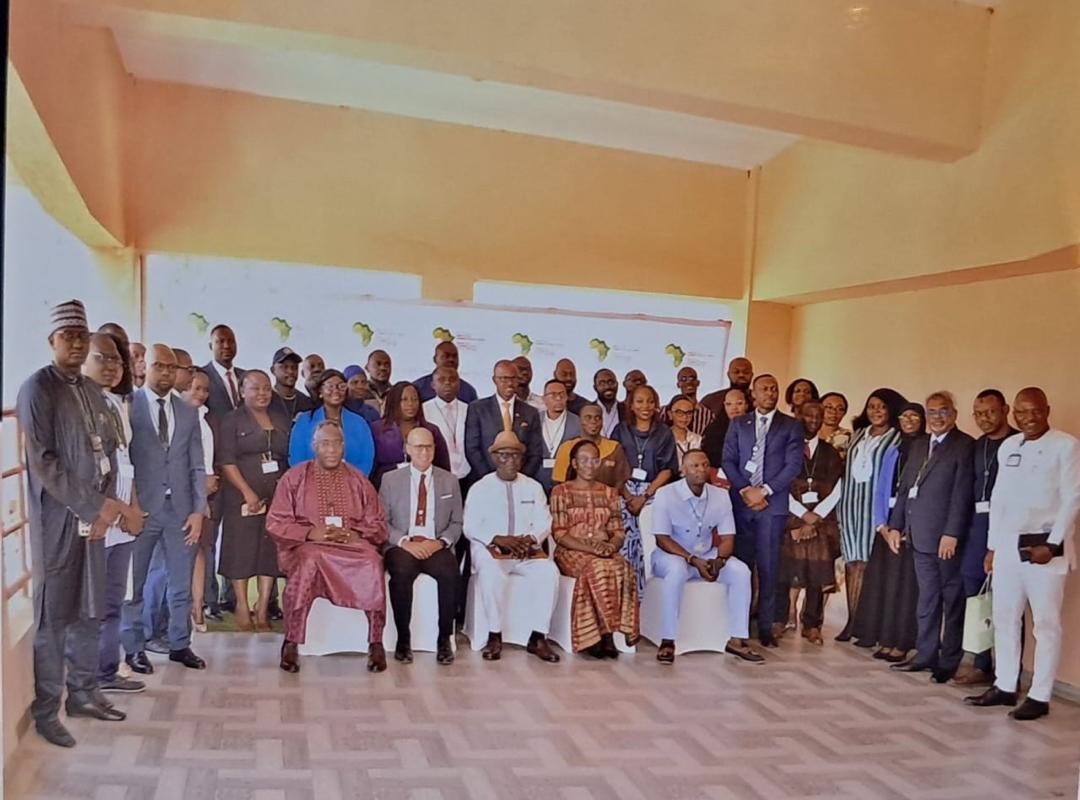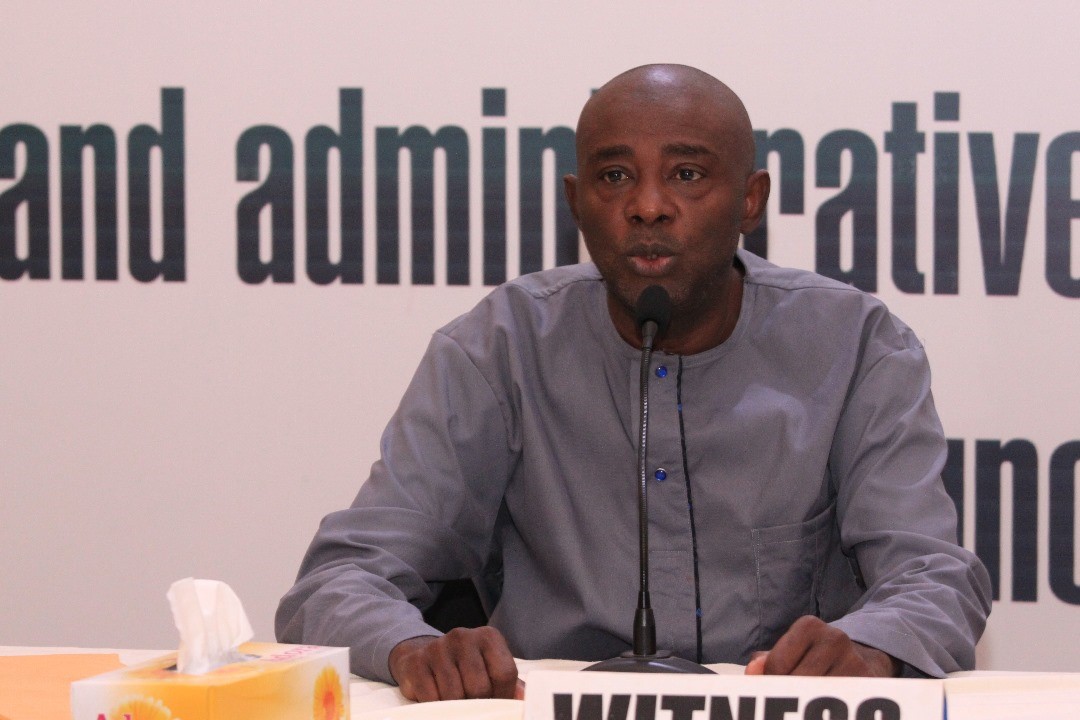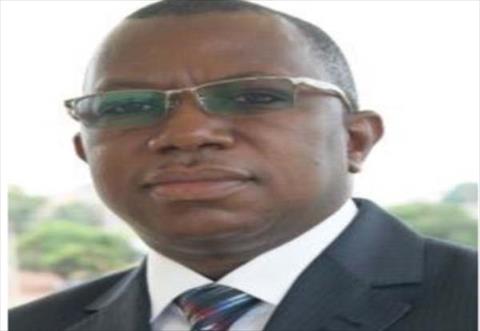By: Nyima Sillah
Mamadou Sere, a Technical Adviser to the Minister of the Ministry of Economic and Finance Burkina Faso has disclosed how billions of dollars are lost to illicit financial flows yearly in African countries.
He made this disclosure in his delivered statement on Tuesday, 11th February 2025 at the official opening of a two-day ongoing training for the journalists that are members of the African Tax Media Network (ATMEN) and authorities of Tax Administrations by the General Directorate of Taxes (DGI) of Burkina Faso partnering with the African Tax Administration Forum (ATAF).
The training was held in Hotel Sopatel Silmande, Ouagadougou, Burkina Faso.
Mamadou Sere opined that taxation is now an essential lever for ensuring the sustainable development of the nations, but one of the major challenges facing the tax administrations is illicit financial flows (IFFs).
“These flows, in addition to facilitating money laundering and tax evasion, promote corruption and deprive our States of crucial resources for the implementation of ambitious public policies in the areas of health, education, infrastructure, and economic development,” he disclosed.
“The figures,” he continued, “are alarming, as every year, African countries lose billions of dollars to illicit financial flows. It is therefore imperative that we strengthen our mechanisms to combat these practices and work together to put in place effective strategies to stem this financial hemorrhage holding back our development efforts.”
Mr. Sere, a finance official and also Technical Adviser to Burkina Faso Minister of Economic and Finance said to combat this issue, the media role is crucial in promoting tax transparency and encouraging positive change in the societies.
He contended that the outcome of the training would lead to relevant recommendations and concrete actions for a more effective fight against illicit financial flows.
Eugene Southgate, on behalf of the Executive Secretary of the African Tax Administration Forum (AFAT), said the workshop is meant to bridge gaps by fostering dialogue, building mutual understanding, and developing strategies for effective communication.
He emphasized that when tax policies are misunderstood or misrepresented, it leads to misconceptions, and reduced compliance which results in revenue losses that have an impact on national development.
“When tax matters are communicated effectively, they foster trust, accountability, and voluntary compliance, which are key ingredients for sustainable domestic revenue mobilization, ” he expressed.
He pointed out that effective tax administration requires a collaborative approach, noting that tax authorities and the media share a common goal to serve the public interest. “While tax administrations work to implement fair and efficient tax systems, the media ensures that these efforts are understood and scrutinized by the public.”
“Let us strive to make tax matters accessible, relatable, and understood by all. And most importantly, let us continue to work towards a tax system that not only generates revenue but also builds trust between governments and their citizens,” he emphasized.
On his part, the Chair of African Tax Media Network (ATMEN), Denicius Kaihenneh Sengbeh, described taxation as a lifeblood of any nation’s development, and the role of journalists in shaping the public’s perception of tax policies, reforms, and obligations cannot be overstated.
“The work we do is not just about taxes, it is about the future of Africa. It is about ensuring that taxation is understood as a tool for development, not a burden. It is about accountability, economic independence, and fostering trust between governments and the governed, the social contract.
“As journalists, communicators, and advocates of tax justice, we are the messengers of change. Our pens, microphones, and cameras are not just tools, they are instruments of empowerment, fostering understanding between tax authorities and the citizens they serve. We recognize that tax is not just about numbers, it is about the lifeblood of our economies, the foundation of our infrastructure, and the catalyst for the Africa we all dream of,” said the ATMEN Chair.





